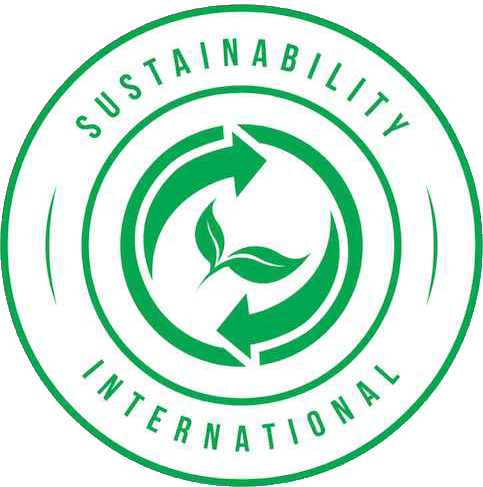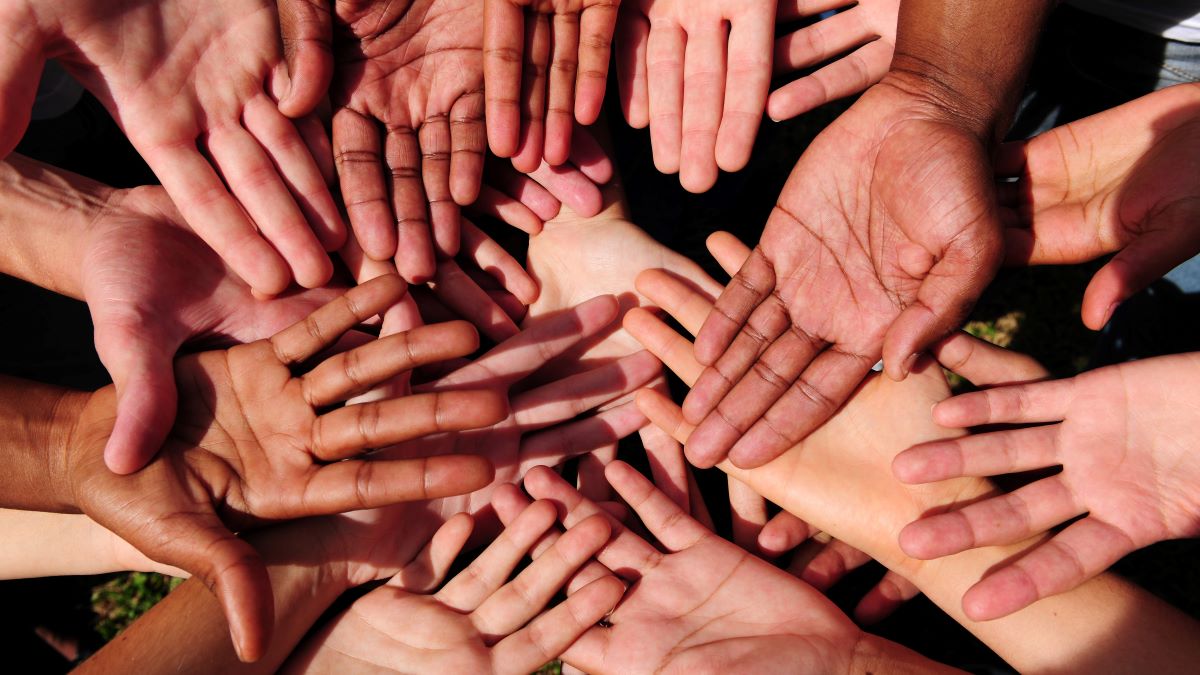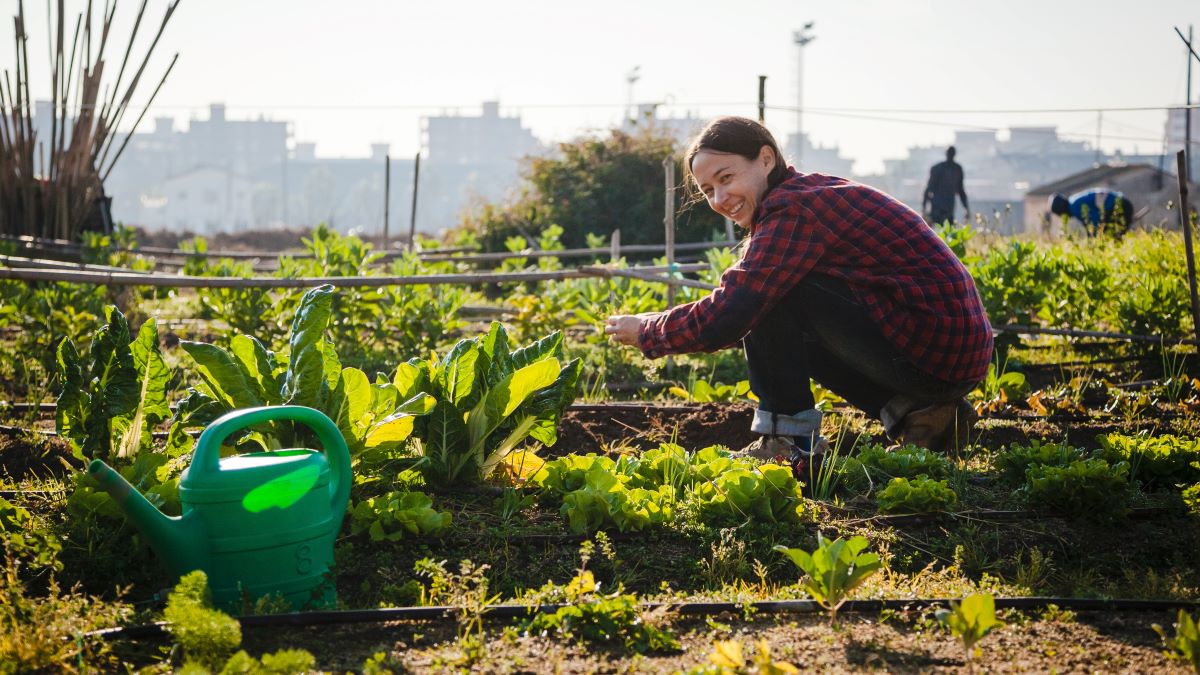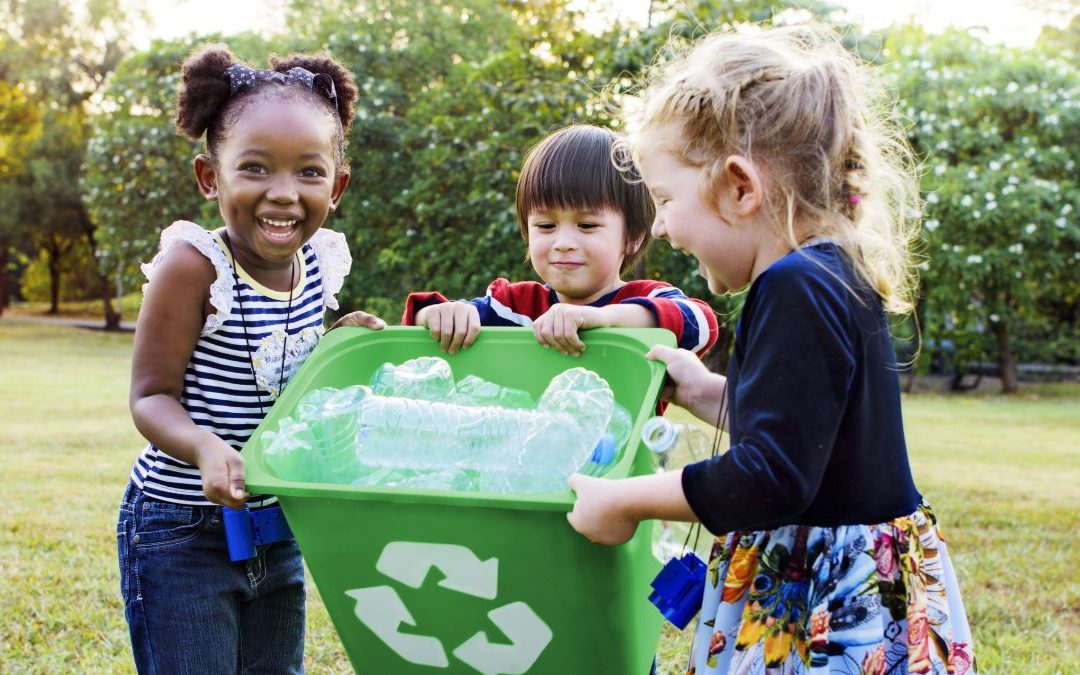
by International Associations | sustainability
Our children care deeply about the environment. You can see this even in young children. Ask a first grader to tell you about their favorite animals. They’ll undoubtedly tell you that those animals — whales, elephants, wolves, butterflies, turtles — are endangered...
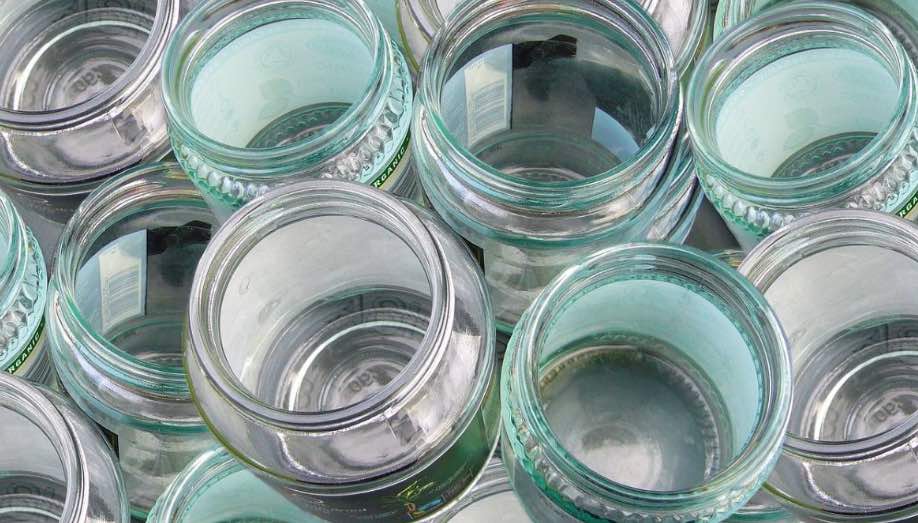
by International Associations | sustainability
I used to think that plastic water bottles could be infinitely recycled, that every time I tossed one into the blue bin, it eventually came out to be another plastic bottle. As it turns out, that’s not the case. Some materials can be recycled infinitely, but plastic...
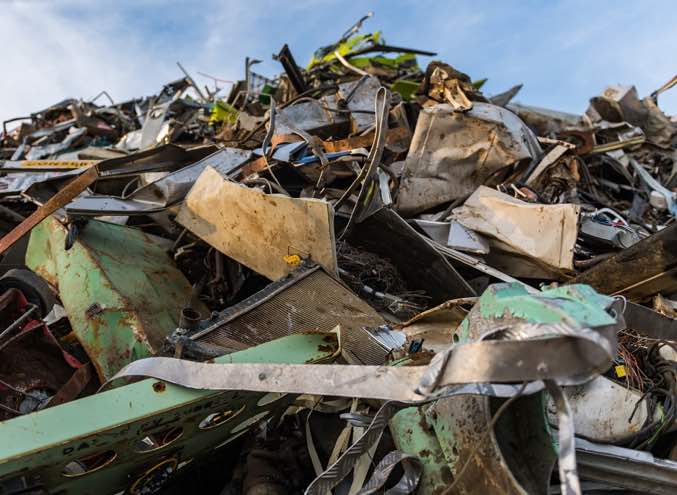
by International Associations | sustainability
Metal is the fifth most common material in household garbage, after paper, food, plastic, and yard waste. Unlike the other top items, metal is inert in a landfill and cannot be burned. Mining metal is among the world’s most environmentally damaging industries....
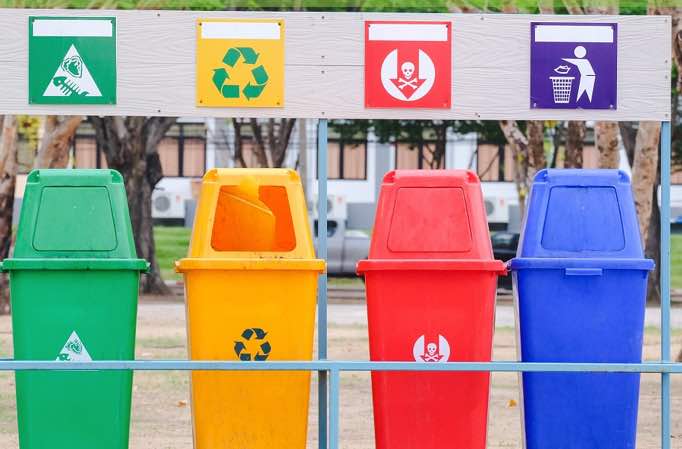
by International Associations | sustainability
We’ve all been there. You’re standing in front of the recycling bin with something in your hand — perhaps a beverage cap, crinkly cellophane wrapping, the tinfoil lid from a sour cream container, or a pizza box. You’re not entirely sure whether you can recycle it, but...
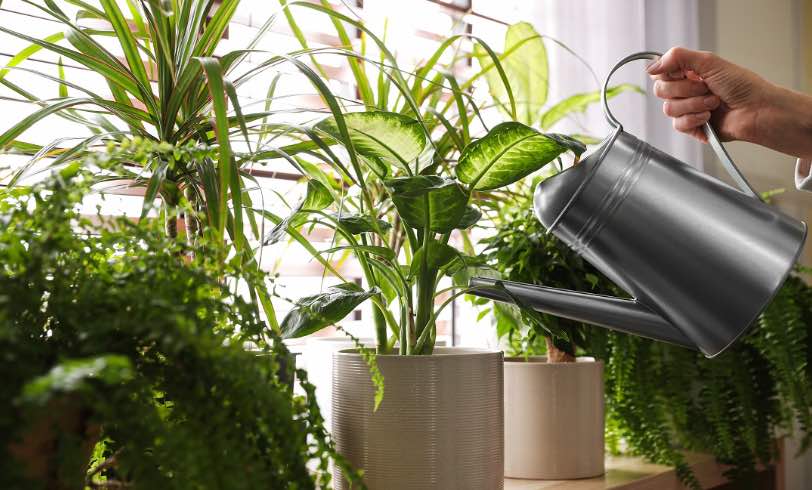
by International Associations | sustainability
Plants vitalize our homes and offices. They filter toxins from the air we breathe and even help boost our mood and reduce stress. Impressively, plants can even help us minimize waste in the kitchen when we apply these zero-waste plant fertilizers. Mulch With Coffee...






